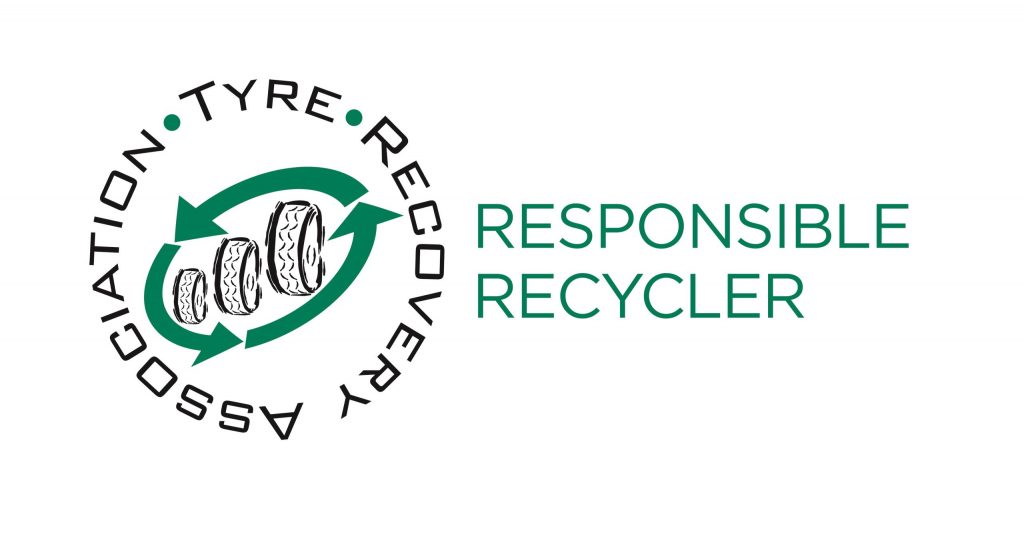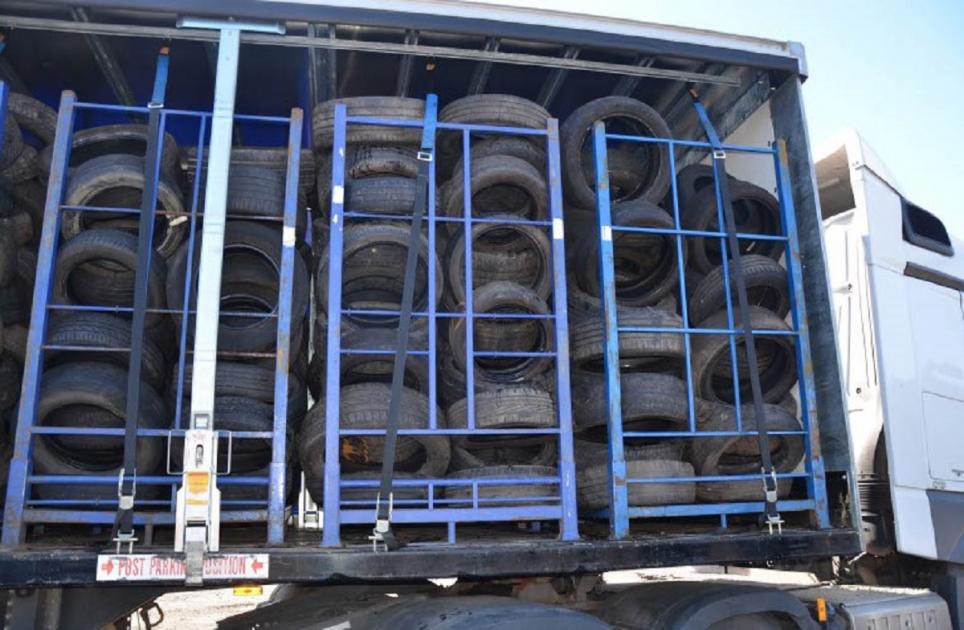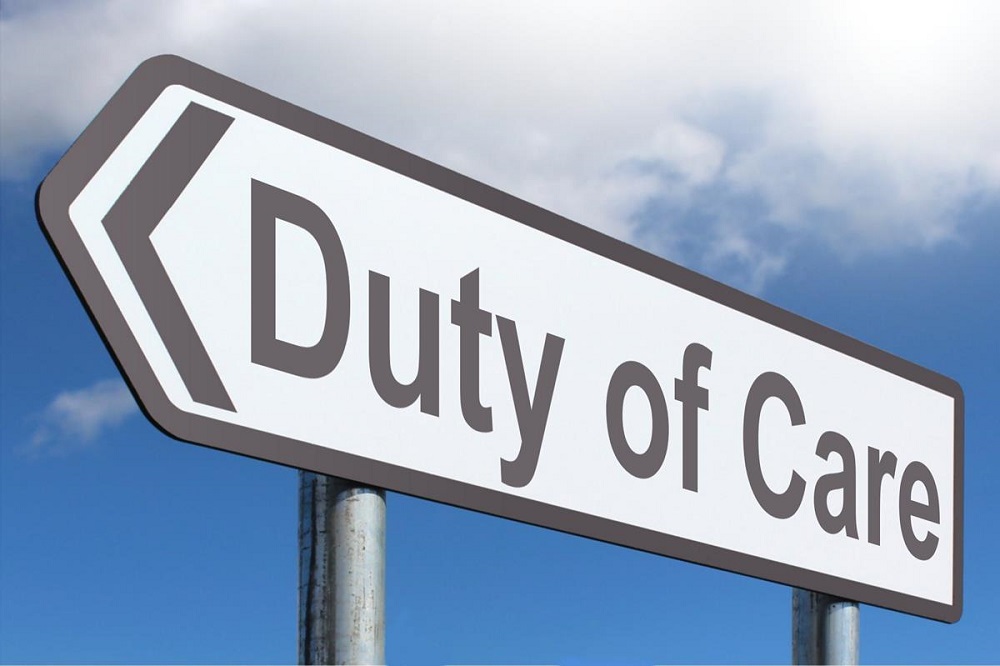As previously reported, the UK tyre recycling sector is constantly undermined by a lack of Duty of Care that results in the retailers feeding rogue operators
The challenge for the UK tyre recycling sector is that it is purely voluntary. It is one of the truly free markets that still exist. Most industries have controls or are dominated by large players, but with tyres (and a few other waste streams), it is a free-for-all. A free market without any controls leads to abuse and poor practice. There is a Waste Exemption scheme under which dealers can operate with a T8 Exemption, but that is widely abused as, up until now, the Environment Agency has been poor at enforcement.
The basis of the “system” is that all links in a chain have a Duty of Care. In theory, a retailer having his tyres collected not only needs to check the licence of the collector, but that of the destination, and so on down the line to the final destination. Equity retail outlets may, through their corporate owners, do just that, but we will come back to that and discover how that is not always the case.
If a man with a van has a Waste Carrier’s Licence, he can collect tyres and deliver them to a Permitted or Exempted site. Thus far, if the retailer has carried out his Duty of Care, then all is good. Those tyres should end up in a legitimate chain for recycling or recovery.
However, there are reports of collectors picking up tyres for free, and this is where the problem starts. If a retailer has charged £1 per tyre recycling fee and he fits 100 tyres a week, that is £100 in his pocket if the tyres are collected free of charge. Some may say, that is just business – ignoring the fact that the customer has been told that he is paying for proper recycling, maybe, but that is on the conscience of the retailer.
The tyres collected for free ostensibly go to a site, probably a T8 exempted site, or a site with no permit, where there will be a Gate Fee when the tyres are handed over, so there is a cost to the collector. The fact that the collector makes no or little charge, means that either he is taking the tyres and putting them in a container and being paid for that container (with or without a T8), or the T8 site is operating on a very quick turnaround and relying on the profit from the sale of the containerloads to sustain his business.

It is worth noting that at 25-26 bales per container, that is roughly 20 tonnes per container of 2500-2600 car tyres. It only takes two containers a week to reach the 40 tonnes per seven-day limit of a T8 exemption.
Tyre and Rubber Recycling has spoken with permitted operators many times, and they all face this competition with the cheap or free collector shipping tyres direct to export, often without any licences or permits at all.
For obvious reasons we cannot name the legitimate collectors but some well known names, members of the TRA, have complained about the free collection practices and the levels of exports undermining the UK tyre recycling sector.
More than one long-standing collector has told Tyre and Rubber Recycling of his investment in processing equipment standing still. The cost to process being undermined by the collection fees and gate prices being driven down by unscrupulous operators at the bottom end of the business.
Not one of these collectors or processors has complained about fair competition. Their complaint is about the lack of control and the lack of Duty of Care in the system. They understand that a retailer offered a lower price is going to take that lower price, but equally, they are less than happy with the lack of control over exports and T8 sites.
So, surely the problem only arises through the sole traders, the underneath the arches tyre outlets scraping a margin at the entry level to the business? Well, unfortunately not.
Recently, the Environment Agency successfully prosecuted Exhaust Tyres and Batteries, for sending some 250,000 waste tyres to Synergy Tyres (Midlands) Ltd in Northampton. Synergy Tyres operates T8 sites, but the company sites were operating in breach of the T8 permit and as such, Exhaust Tyres and Batteries should have done their due diligence and ensured that their tyres were going to an operator who was dealing with them legitimately.

Now, Exhausts Tyres and Batteries is claimed to be a family business with some 40 outlets, a sizeable company, and an NTDA member who should be following the Responsible Recycler scheme though it makes no mention of the scheme on its website. In fact, there is no mention of what happens to used tyres at all.
Exhaust Tyres and Batteries has four directors, One is Eric Brisard, who is also a board member at Bridgestone EMIA, and another is Cristophe De Valroger, of Bridgestone Retail UK Ltd.
So, here we have a mid-sized tyre retailer, partially owned/ controlled by Bridgestone, who, as previously mentioned, should be ensuring that their Duty of Care is met through due diligence in checking their tyre disposal route.
Yet they did not, and as a result, ETB ended up being fined £100,000 plus costs for sending tyres to a T8 operator who was acting in breach of his Exemption.
However, there is more. In January 2022, the directors of a T8 operator IN4 Ltd, were fined £11,250 for operating without a licence and for breach of the T8 regulations. One of the Directors, Andrew Eyre had previously been cautioned about his operations at two other sites. Eyre was sentenced to a 12 months suspended sentence, the other director, John Mullen, was given six months community service.
Eyre, in the interim, had set up Synergy Tyres (Midland) Ltd, operating for four months without a permit, according to the Environment Agency, accumulating 120 tonnes of tyres, three times the T8 Exemption allowance. The EA then recorded more than five times the allowed tonnage going through the site.
This was the operator that Exhaust Tyres and Batteries chose to send their tyres to. The rogue operator that a Bridgestone-controlled company used despite having a clear Duty of Care to ensure that its tyres were disposed of legitimately.
When this hit the news, there was a palpable sigh of relief from the genuine tyre recycling sector. “At last”, said one processor, “The EA have gone after the retailer. It is about time.”
The problem here is that the EA has actually gone for a big player. It is highly unlikely that Bridgestone will allow this to be repeated. It serves as a message to all others that the Environment Agency means business. As Voltaire said of the execution of Admiral Byng; “in this country, it is considered useful now and again to shoot an admiral, to encourage the others”.
It may well be that other larger tyre manufacturers and equities will be looking at their Duty of Care more closely and that they, at least, will ensure that they follow the rules more closely.
However, the problem remains that there are still people operating free or cheap collections, undermining legitimate collectors and recyclers and exporting direct to India, almost certainly without licenses, permits, or probably even paying taxes.
The solution here is to follow the Australian lead. To remove the T8 Exemption, which the EA has been talking about now for seven years or more, and place restrictions on exports of whole tyres, baled or otherwise. It would require a heavier focus on tyre waste by the EA, which would mean that DeFRA would need to instruct them to put an emphasis on tyres as well as their current focus on plastics. However, DeFRA is blind to the issue and, quite frankly, could not care less about tyres as long as they do not end up in landfills in the UK, at least, that is the impression that is given.
Of course, there is an alternative for the T8 already available for entry-level businesses, the SR2021 No 13: storage and mechanical treatment of end-of-life tyres for recovery, which allows the storage of 100 tonnes and the intake of up to 5,000 tonnes per year. Pf course, that comes with conditions to be met, that comes with costs, and the rogue operators will avoid costs for so long as they can abuse the T8 Exemption.
As an addendum to this, Tyre and Rubber Recycling has been sent a video of tyres allegedly arriving in a yard in India, baled from the UK. The tyres are whole, they are sorted on-site and the sidewalls are manually removed on-site, in India. The UK should not be exporting whole tyres to India, as it is a breach of the Indian EPR regulations.




















